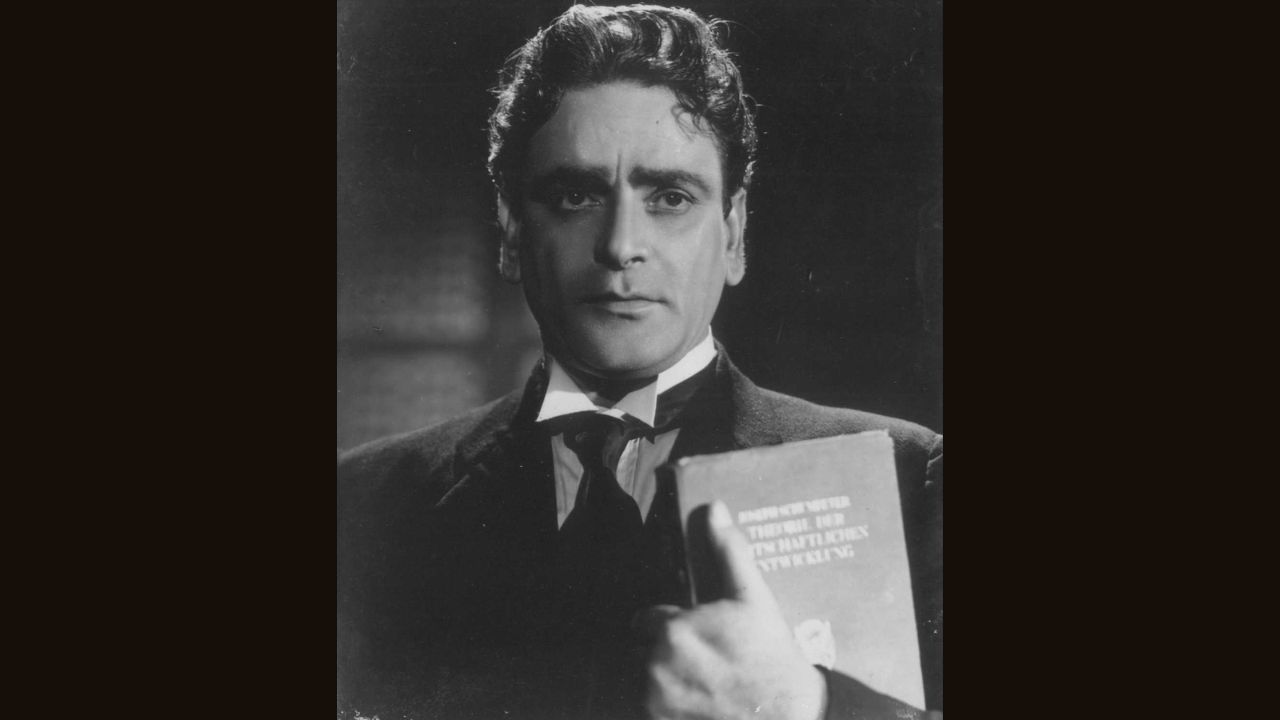Prithviraj Kapoor Biography: Young, dashing, and attractive son of a young Punjab, British India, police officer fled to Mumbai to pursue a career in Bollywood. Today, Prithviraj Kapoor is remembered as one of the most renowned actors in the Indian film industry. In pre-independent India, his sharp intellect and talented appearance led him to the Indian film industry.
Prithviraj Kapoor Biography
Early Years
Prithviraj Kapoor was born into a middle-class Hindu Punjabi Khatri family in Samundri, Punjab, British India, near the village of Lyallpur (now Faisalabad in Pakistan). His father, Dewan Basheswarnath Singh Kapoor, was a police sub-inspector. Prithviraj attended Khalsa College in Lyallpur and Lahore for his formal education. Since his father was stationed in Peshawar during those years, he pursued his higher education at Edwardes College in Pakistan. Even though he was still interested in becoming an actor, he enrolled in a one-year law programme in order to become a barrister.
Prithviraj Kapoor Career
In 1928, Prithviraj moved to Mumbai with money borrowed from his relative in order to experience the Hindi film industry. 1929’s “Cinema Girl” was his third silent film, in which he played the main role. After struggling in nine silent films, Prithviraj performed a supporting role in the first-ever talking film, “Alam Ara” (1931). As a result of the film’s failure, he began to perform small parts in any film he could find. His critically acclaimed roles include “Rajrani Meera,” “Seeta,” “Manzil,” “President,” “Vidyapati,” “Pagal,” and “Sikandar.” His portrayal of Alexander the Great in Sohrab Modi’s “Sikandar” is remembered.
Meanwhile, Prithviraj continued to pursue his passion for performing on stage. Eventually, he proved to be a talented stage and screen actor. After achieving intermittent success on the silver screen, Prithviraj established his own theatre company, Prithvi Theatre, in 1944. Over the course of its 16-year existence, the theatre presented 2,662 performances, with Prithviraj performing the main role in each production, touring India for four to six months. In the late 1950s, however, the era of theatre began to decline, and the film industry gradually absorbed the majority of the 80 theatrical actors and technicians. This included Prithviraj’s sons, who carved out a niche for themselves in the film industry.
Later Life
In spite of the fact that Prithviraj began to focus on his theatre performances and business, he did play some notable roles in the Hindi film industry. His roles in “Mughal-e-Azam”, “Harishchandra Taramati”, “Sikandar-e-Azam”, and “Kal Aaj Aur Kal” are among his most memorable. He has also appeared in legendary Punjabi films, including “Nanak Naam Jahaz Hai,” “Nanak Dukhiya Sub Sansar,” and “Mele Mittran De.” As a result of losing his vocal while directing “Paisa” in 1954, he gave up acting in films. Consequently, the Prithvi Theatre also shuttered. In 1954, he was awarded the prestigious Sangeet Natak Akademi Fellowship, and in 1969, he received the Padma Bhushan. Later, Prithvi Theatre amalgamated with Shashi Kapoor and Jennifer Kendal’s Shakespeare Company and was reborn as “Shakespeareana.” On November 5, 1978, the company obtained a permanent location in Mumbai as a result.
Personal Life
Due to the prevalent child marriage system, Prithviraj Kapoor was wed to Ramsarni Mehra, who was 15 years old at the time, at the age of 18 in 1924. By the time he migrated to Mumbai, the couple had three children. Two of the infants, however, passed away. The couple was successful in having three more offspring. All four children, Raj Kapoor, Shammi Kapoor, Shashi Kapoor, and Urmila Sial, made significant contributions to the Hindi film industry, making Prithviraj Kapoor the patriarch of the ‘first family of Hindi cinema’. Prithviraj resided in a cottage on Juhu Beach in Bombay after his retirement.
Wiz Khalifa Biography: Age, Height, Birthday, Early Life, Career, Girlfriend, Net Worth
Brendan Fraser Biography: Age, Height, Birthday, Movies, Family, Wife, Net Worth
Prithviraj Kapoor Death
In their old age, both Prithviraj and his wife Ramsarni suffered from cancer. While Prithviraj passed away on May 29, 1972, his wife perished two weeks later on June 14.
Legacy
Prithviraj Kapoor is credited with establishing the first family of Hindi cinema in India. His father, a retired Peshawar sub-inspector named Dewan Basheswarnath Kapoor, was also eager to demonstrate his acting abilities. In the film “Awaara” starring his grandson Raj Kapoor, he played a cameo role despite receiving few offers. Thus, the Kapoor family contributed five generations to the Indian film industry. His two daughter-in-laws also worked in the film industry. His three sons, Raj Kapoor, Shashi Kapoor, and Shammi Kapoor, all became legendary actors. The majority of his descendants, including Randhir Kapoor, Rishi Kapoor, Rajiv Kapoor, Karan Kapoor, Kunal Kapoor, and Sanjana Kapoor, have achieved success as actors, directors, or both. His great-grandchildren Karisma Kapoor, Kareena Kapoor, and Ranbir Kapoor have also distinguished themselves in the same field.



